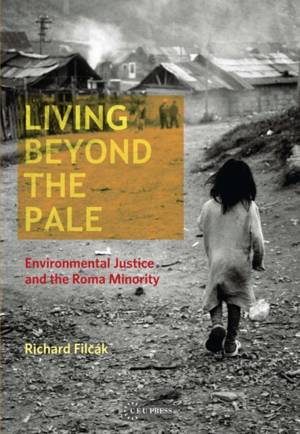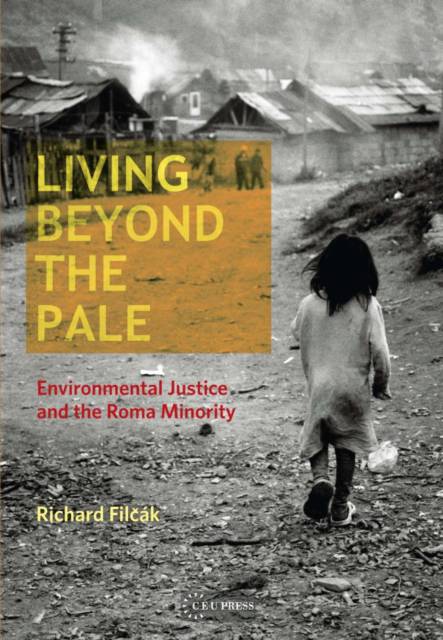
ALLEEN VANDAAG - Gratis levering bij alle bestellingen
- Afhalen na 1 uur in een winkel met voorraad
- Gratis thuislevering in België vanaf € 30
- Ruim aanbod met 7 miljoen producten
ALLEEN VANDAAG - Gratis levering bij alle bestellingen
- Afhalen na 1 uur in een winkel met voorraad
- Gratis thuislevering in België vanaf € 30
- Ruim aanbod met 7 miljoen producten
Zoeken
Living Beyond the Pale
Environmental Justice and the Roma Minority
Richard Filcák
Paperback | Engels
€ 31,45
+ 62 punten
Omschrijving
We find Roma settlements on the outskirts of villages, separated from the majority population by roads, railways or other barriers, disconnected from water pipelines and sewage treatment. Why are some people (or groups) better off than others when it comes to the distribution of environmental benefits? In order to understand the present situation and identify ways to address the impacts of these inequalities we must understand the past and mechanisms related to the differentiated treatment. The situation and discrimination of the Roma ethnic minority in Slovakia is examined from the perspective of environmental conditions and injustice. There is no simple answer as to why there is environmental injustice. Environmental conditions in Roma settlements are just one of the indicators of failures of policies addressing the problem of poverty and social exclusion in marginalized groups, structural discrimination, and internal Roma problems. Environmental injustice is not an outcome of the "historical determination" of the Roma population to live in environmentally problematic places.
Specificaties
Betrokkenen
- Auteur(s):
- Uitgeverij:
Inhoud
- Aantal bladzijden:
- 258
- Taal:
- Engels
Eigenschappen
- Productcode (EAN):
- 9789633867020
- Verschijningsdatum:
- 15/09/2023
- Uitvoering:
- Paperback
- Formaat:
- Trade paperback (VS)
- Afmetingen:
- 152 mm x 229 mm
- Gewicht:
- 349 g

Alleen bij Standaard Boekhandel
+ 62 punten op je klantenkaart van Standaard Boekhandel
Beoordelingen
We publiceren alleen reviews die voldoen aan de voorwaarden voor reviews. Bekijk onze voorwaarden voor reviews.











